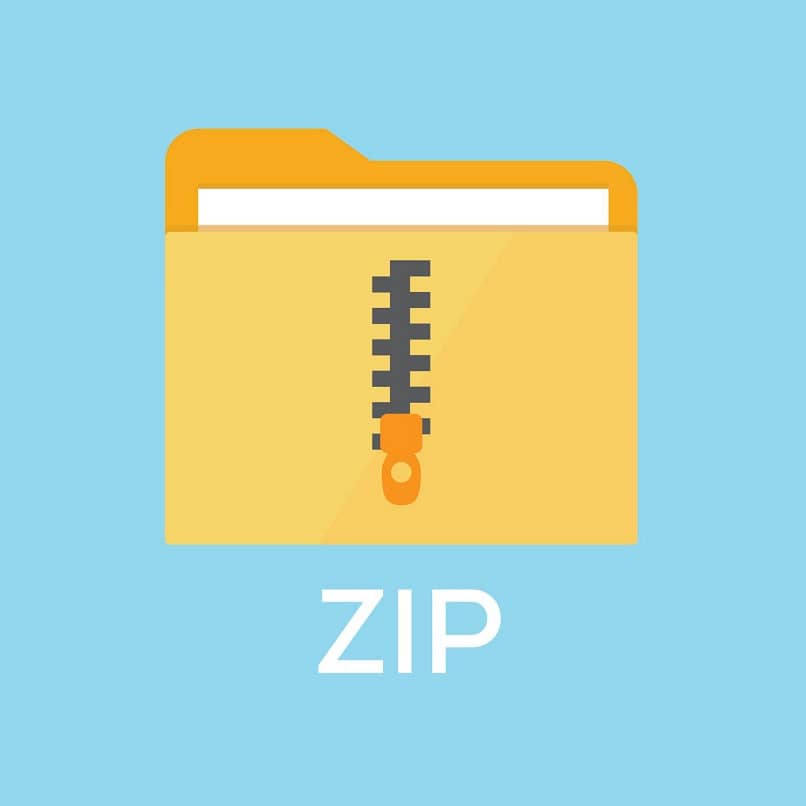Your cart is currently empty!
Machine Problem #6 Solution
Note: The assignment will be autograded. It is important that you do not use additional libraries, or change the provided functions input and output. Part 1: Setup Remove connect to a EWS machine. ssh (netid)@remlnx.ews.illinois.edu Load python module, this will also load pip and virtualenv module load python/3.4.3 …
Description
Note: The assignment will be autograded. It is important that you do not use additional libraries, or change the provided functions input and output.
Part 1: Setup
- Remove connect to a EWS machine.
ssh (netid)@remlnx.ews.illinois.edu
- Load python module, this will also load pip and virtualenv
module load python/3.4.3
- Reuse the virtual environment from mp0.
source ~/cs446sp_2018/bin/activate
- Copy mp6 into your svn directory, and change directory to mp6.
cd ~/(netid)
svn cp https://subversion.ews.illinois.edu/svn/sp18-cs446/_shared/mp6 . cd mp6
- Install the requirements through pip.
pip install -r requirements.txt
Part 2: Exercise
In this exercise, you will implement the deep net from the written section and train it using stochastic gradient descent. The deep net should be implemented from scratch in python (i.e. forward pass and back-propagation). Do not use Tensorflow, Pytorch, Chainer etc. to implement the network. Consider the number of input layers to be 2, the number of hidden layers to be 3, the number of output layers to be 1 and the batch size to be 3. The loss to
|
|
be optimized is 1 P
Em , where m is the bach size and Em is the L2 loss from the written
part, associated with the mth sample.
Hint: Think how the derivatives computed in the written part will change when considering this new loss.
1
Description of the functions to be implemented:
- Method sigmoidPrime of the class Neural Network : computes the derivative of a sig- moid function. The input to this method is the sigmoid’s output.
- Method forward of the class Neural Network : implements the forward propagation of the deep net described in the written section.
- Method d loss o of the class Neural Network : computes the derivative of the loss with respect to the network’s output c.
- Method error at layer2 of the class Neural Network : computes the derivative of the loss with respect to the second fully connected layer’s output h (Written section, Part b).
- Method error at layer1 of the class Neural Network : computes the derivative of the loss with respect to the first fully connected layer’s output z (Written section, Part e).
- Method derivative of w of the class Neural Network : computes the derivative of the loss with respect to W (Written section, Part c).
- Method derivative of f of the class Neural Network : computes the derivative of the loss with respect to f (Written section, Part d).
- Method derivative of u of the class Neural Network : computes the derivative of the loss with respect to U (Written section, Part f ).
- Method derivative of e of the class Neural Network : computes the derivative of the loss with respect to e (Written section, Part g).
- Method backward of the class Neural Network : computes the gradients of the pa- rameters W , U , e and f , and performs the gradient descent update rule. The back- propagation should be implemented using the matrix form of the parameters (i.e. do not use any for loops).
Relevant File: back prop.py
Part 3: Writing Tests
In test.py, we have provided basic test-cases. Feel free to write more. To test the code, run:
nose2
Part 4: Submit Submitting the code is equivalent to committing the code. This can be done with the follow command:
svn commit -m “Some meaningful comment here.”
Lastly, double check on your browser that you can see your code at
https://subversion.ews.illinois.edu/svn/sp18-cs446/(netid)/mp6/


